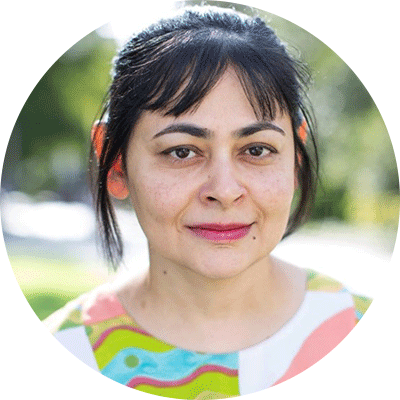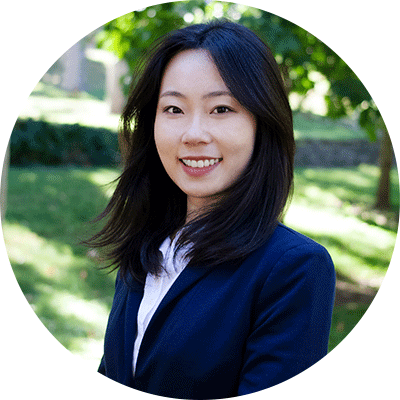UQ Economics Thought Leadership Series
Inspiration, influence and innovative ideas and insights
Empowering Women: Policy Intentions and Outcomes
About the webinar
Our first Economics Thought Leadership Series event for 2025 aligns with International Women’s Day, a day that celebrates the social, economic, cultural and political achievements of women around the world. Yet, according to data from the World Economic Forum, at the current rate of progress, achieving full gender parity will take 134 years, equivalent to five generations, pushing the milestone to 2158.
The webinar focuses on the ‘March Forward’ to empower women, as reflected in the theme for this year’s International Women’s Day. Our distinguished female panel will critically analyse key efforts and policies designed to empower women, assessing their outcomes through empirical evidence.
Dr Leonora Risse from the University of Canberra will provide a "big picture" framework to navigate gender equality policies, identifying strategies that effectively close gender gaps in economic and social outcomes and those that fall short. Dr Silvia Griselda from e61 Institute will explore the intersection of gender, education, labour, and human capital development, evaluating the impact of current policies in these areas. Dr Radhika Lahiri from QUT will focus on developing countries, analysing evidence from policies aimed at improving women’s economic and social status.
The discussion will highlight the complexities, challenges, and opportunities involved in advancing gender equality through policies that genuinely empower women.
Meet the presenters
Dr Leonora Risse, Associate Professor in Economics, University of Canberra
Dr Leonora Risse is an economist who specialises in gender equality. She is an Associate Professor in Economics at the University of Canberra and a Research Fellow with the Women’s Leadership Institute Australia. Leonora is currently an Expert Panel Member on gender pay equity for the Fair Work Commission. Leonora is a co-founder and former National Chair of the Women in Economics Network in Australia. Leonora engages regularly with governments on evidence-based policies to close gender gaps and how to apply a gender lens to analysis and policy design through gender responsive budgeting. Leonora holds a PhD in Economics, Bachelor of Economics (Hons) and Bachelor of Arts from The University of Queensland.
Dr Radhika Lahiri, Associate Professor of Economics, Queensland University of Technology
Dr. Radhika Lahiri is Associate Professor of Economics at the Faculty of Business and Law, Queensland University of Technology. She received her PhD from the Southern Methodist University, Dallas and has had academic appointments with the Southern Methodist University and the University of Western Australia. She is Executive Director, Women in Economics Network, Queensland Branch and Associate Editor of Economic Papers and Economic Analysis and Policy. Prior to academia, Radhika held research positions with the National Institute of Public Finance and Policy and the National Council of Applied Economic Research in New Delhi. Her fields of research are macroeconomics and development economics.
Dr Silvia Griselda, Research Manager, e61 Institute
Silvia Griselda is an accomplished economist committed to advancing diversity and inclusion in economics. She holds a PhD in Economics from the University of Melbourne and has worked at the AXA Gender Lab at Bocconi University. Currently, she serves as Research Manager at the e61 Institute’s Education and Human Capital Unit, leading projects on the gender pay gap, childcare, labour force participation, and education policies. Her research has been published in leading academic journals and featured in The Conversation, VoxEU, AFR, and The Australian. Silvia’s accolades include the UniCredit Foundation’s Best Paper Award and the Best PhD Paper Award.
Moderator
Dr Yaying Zhou, Lecturer in Economics, The University of Queensland
Dr. Yaying Zhou is a Lecturer in Economics at The University of Queensland. Her research focuses on health economics, industrial organization, and gender economics. She employs advanced econometric techniques and structural modelling to analyse critical issues such as health insurance choice, market competition, and broker incentives. Dr. Zhou earned her PhD from the Kelley School of Business at Indiana University.





